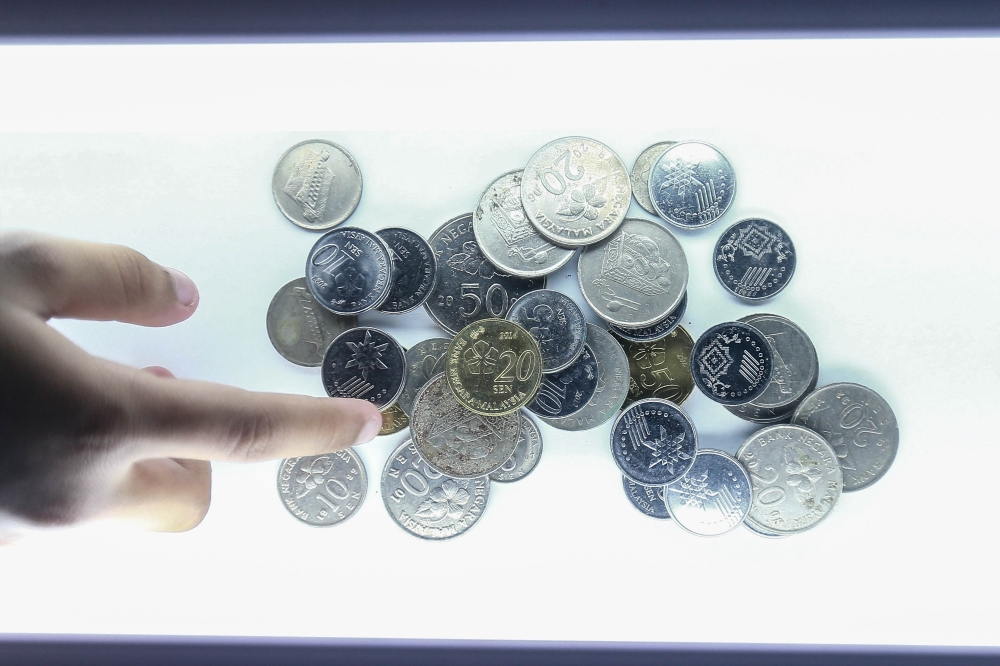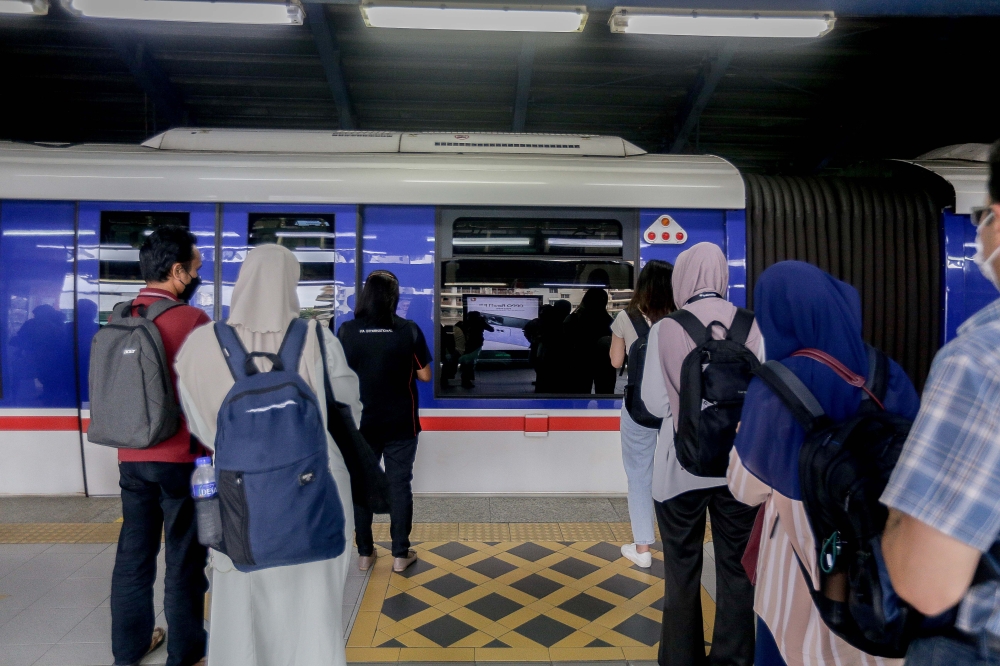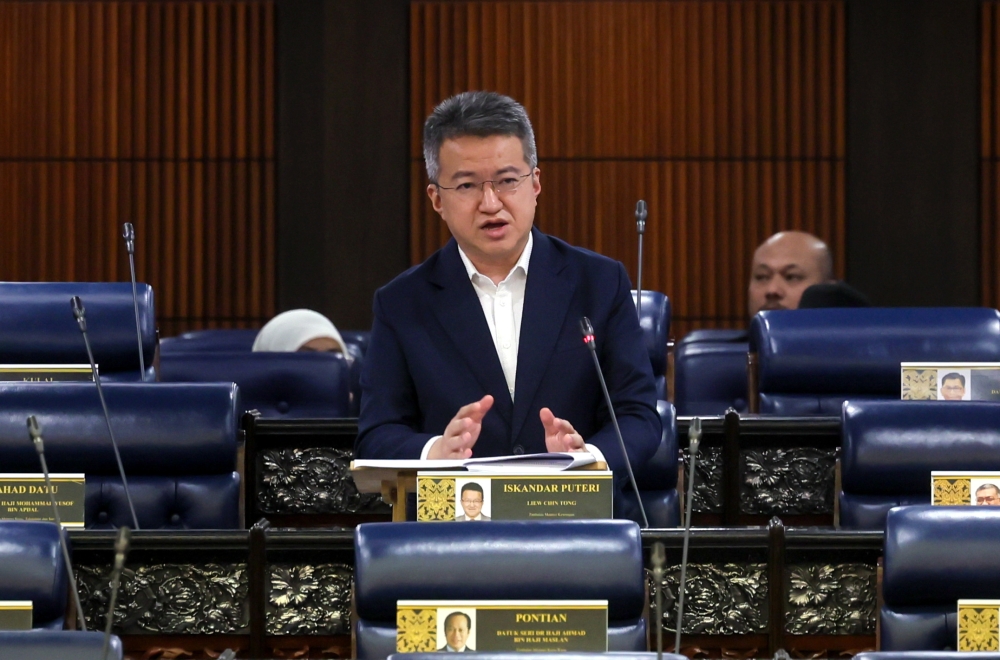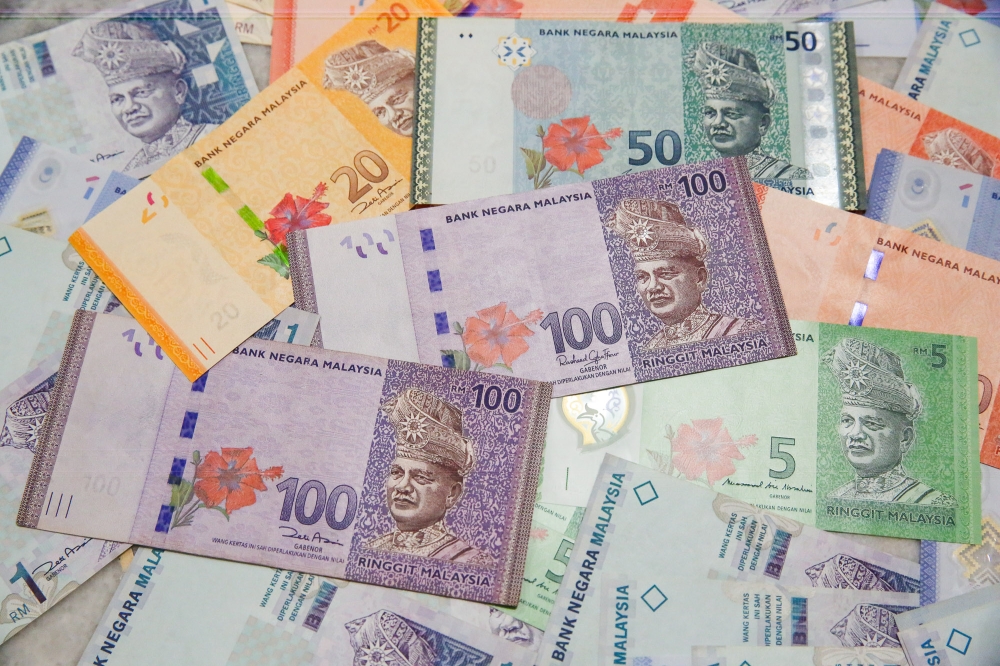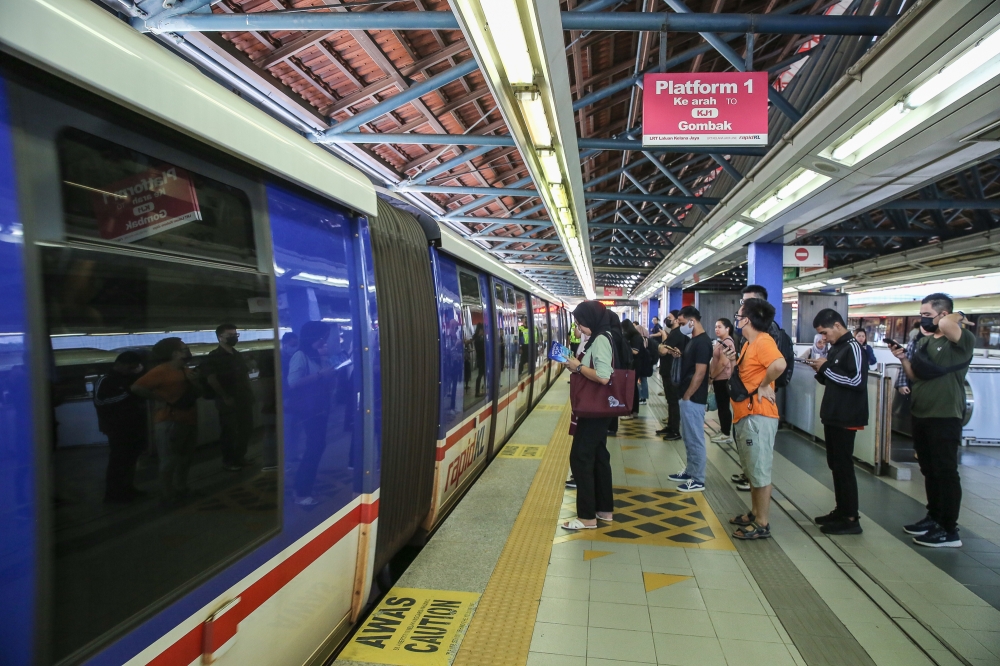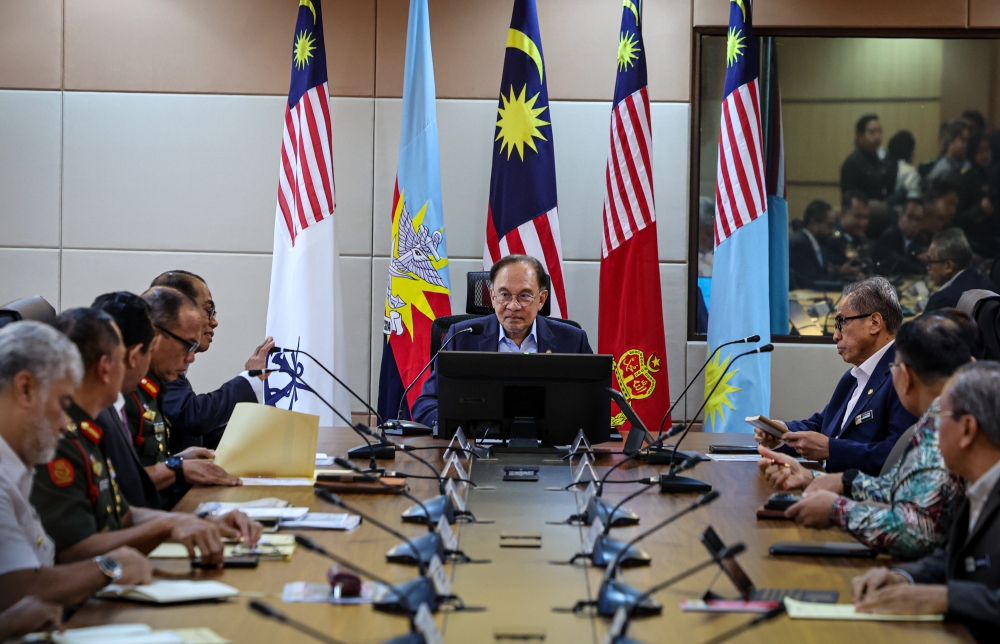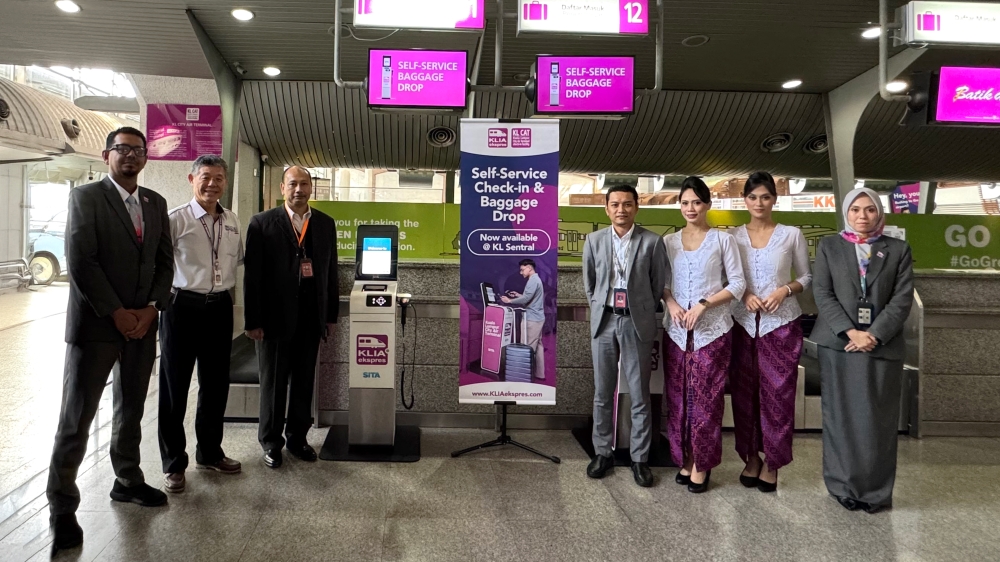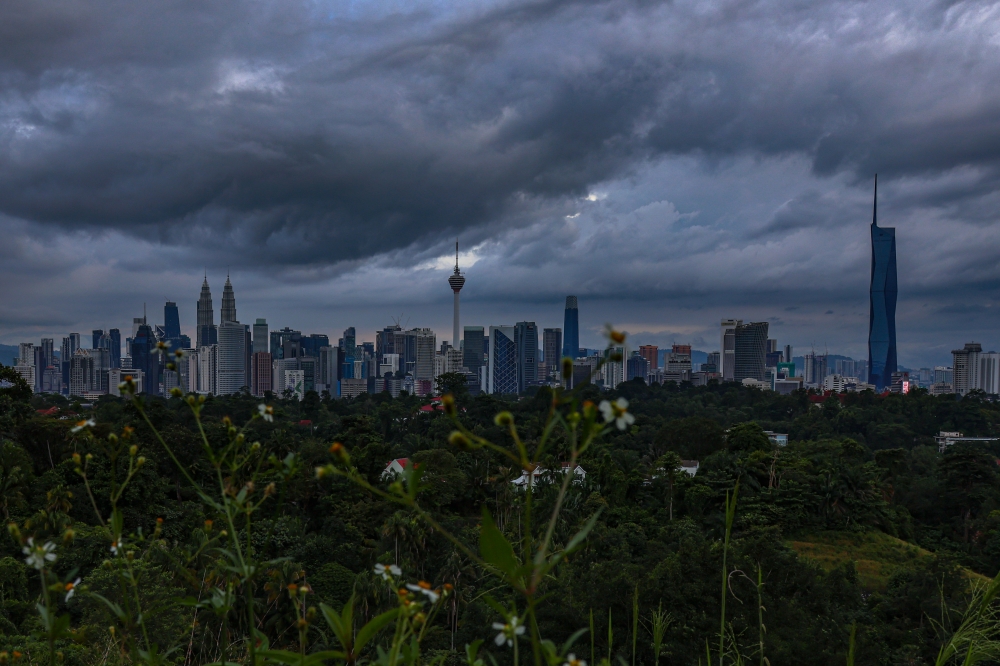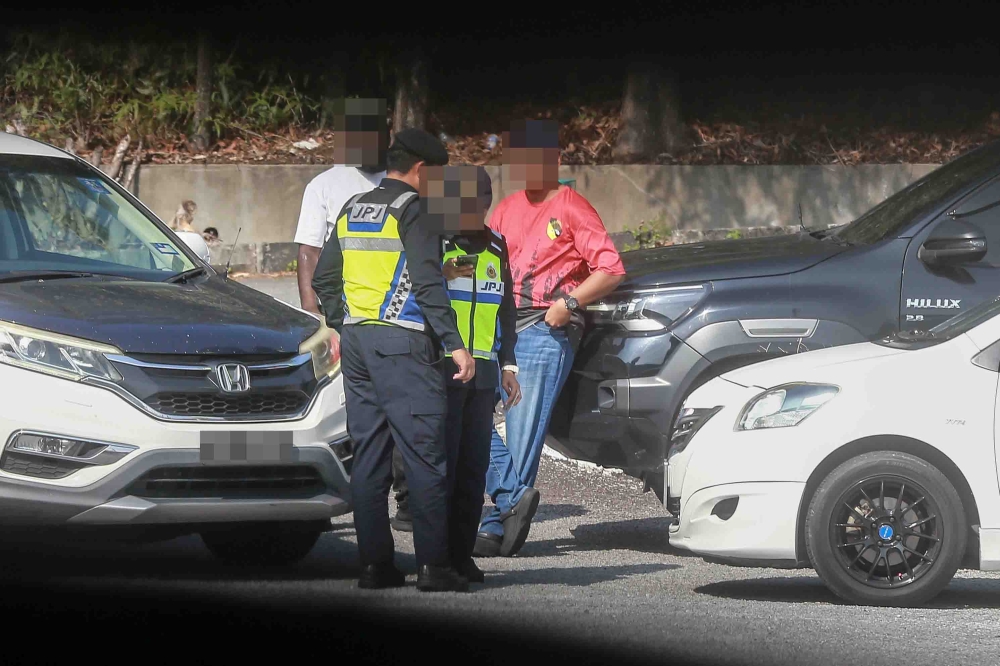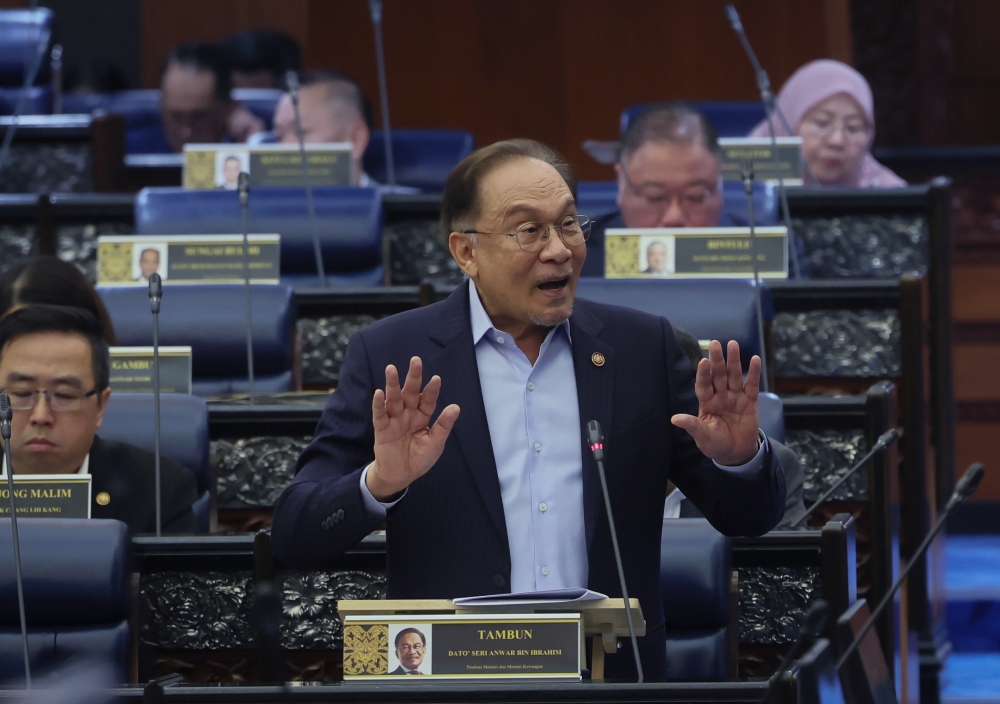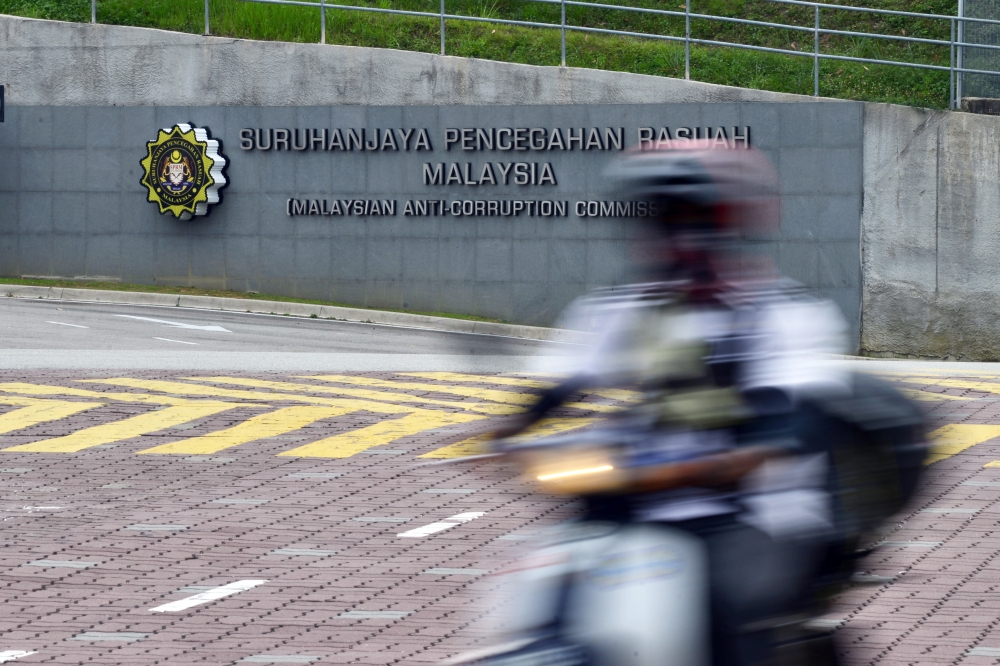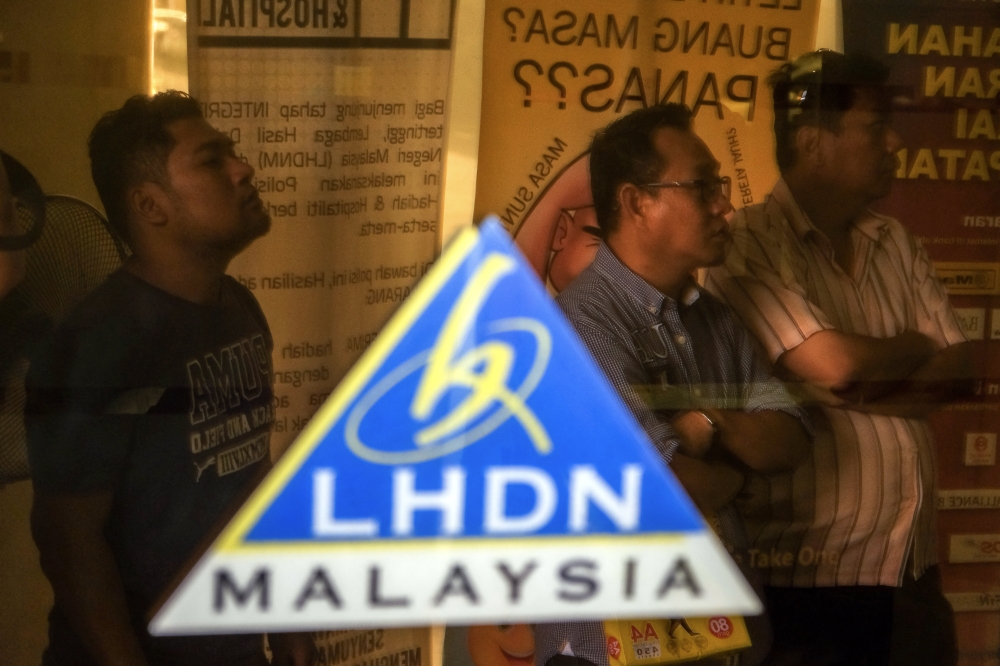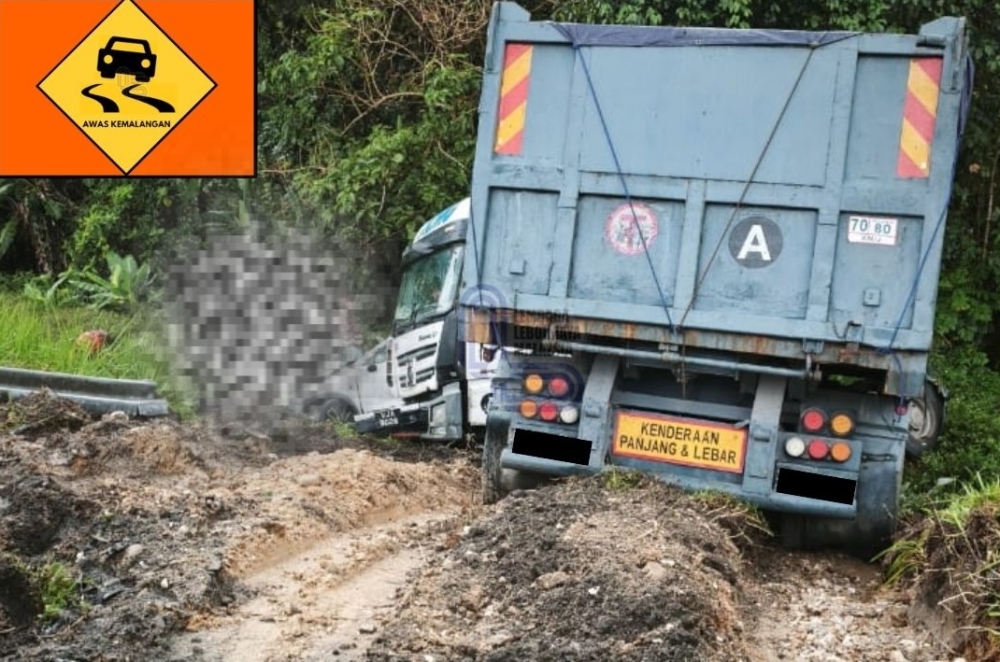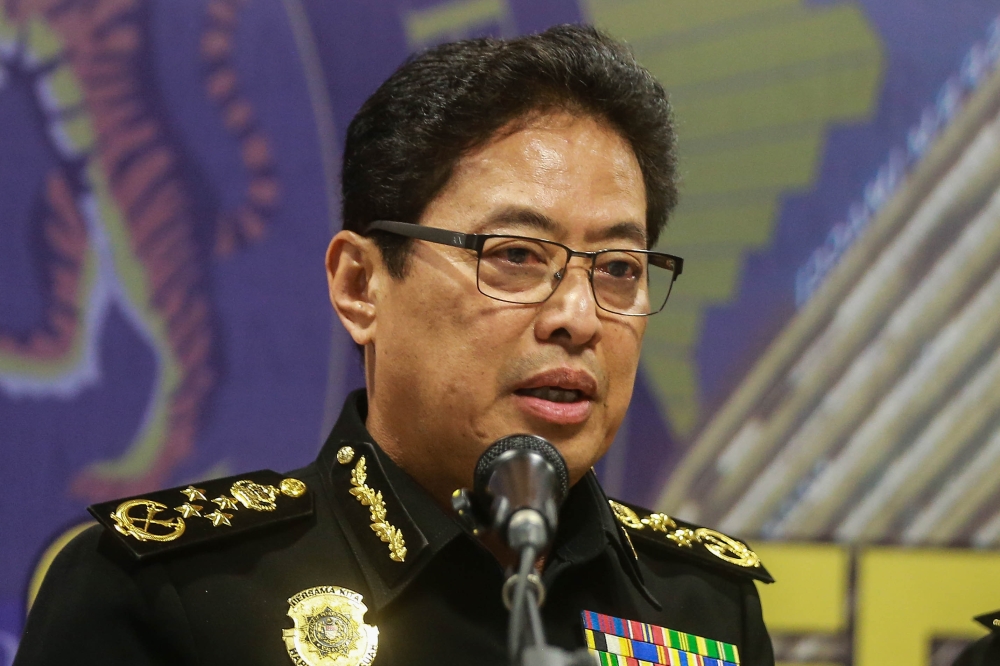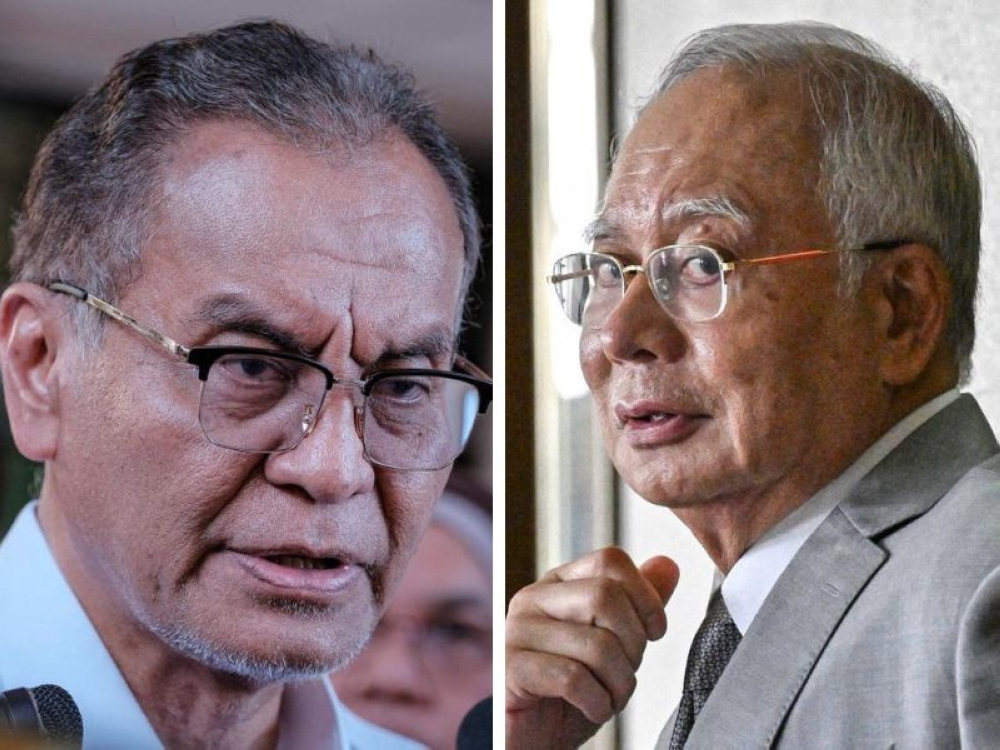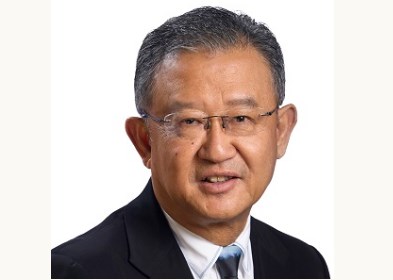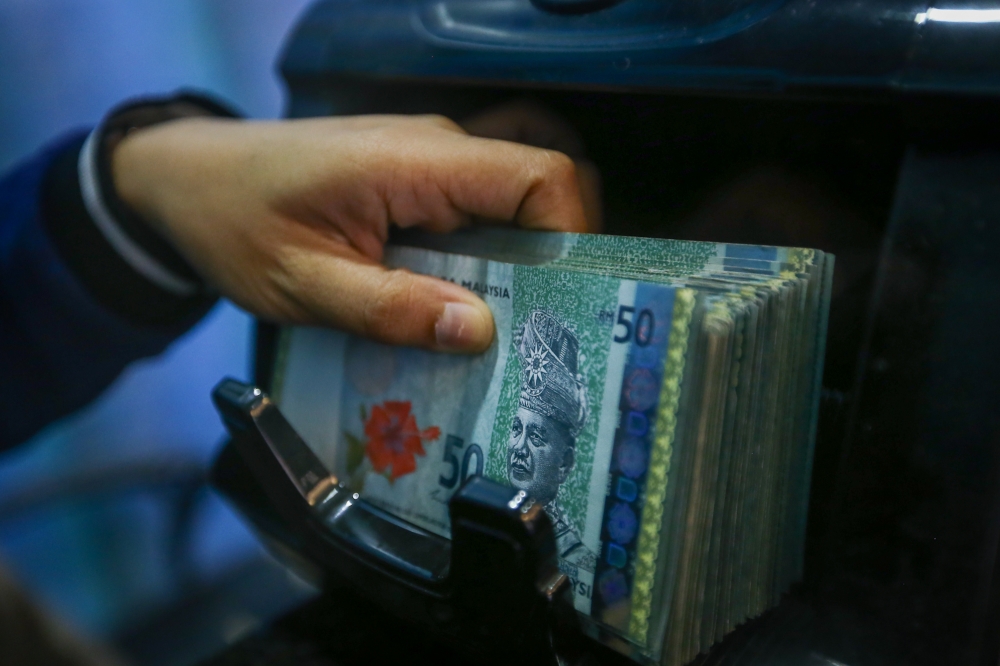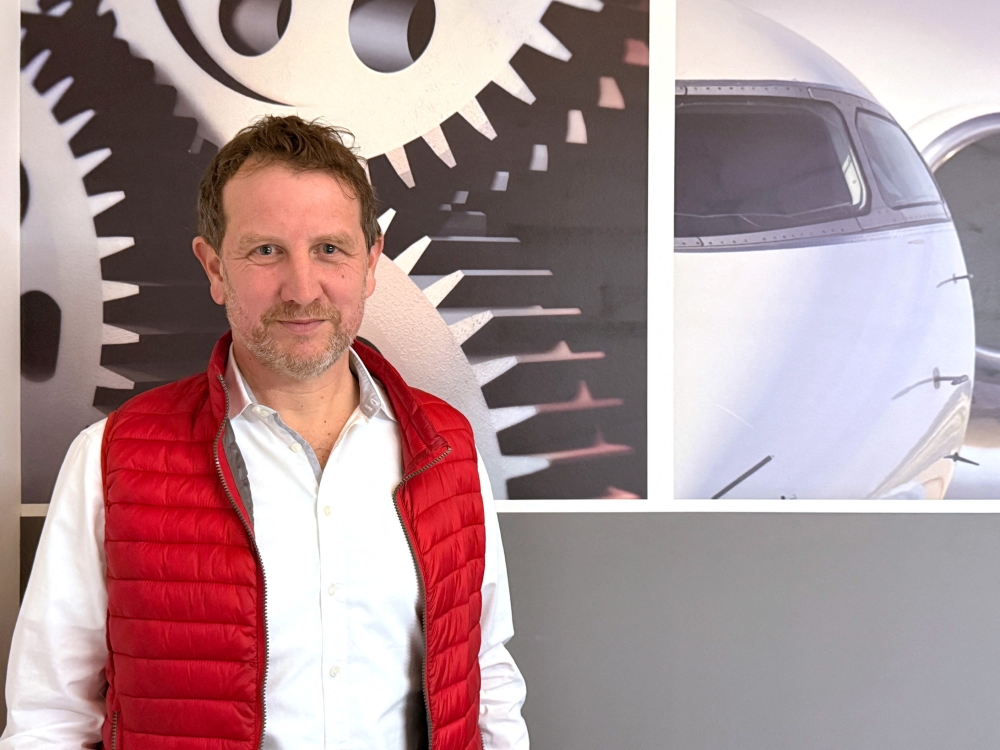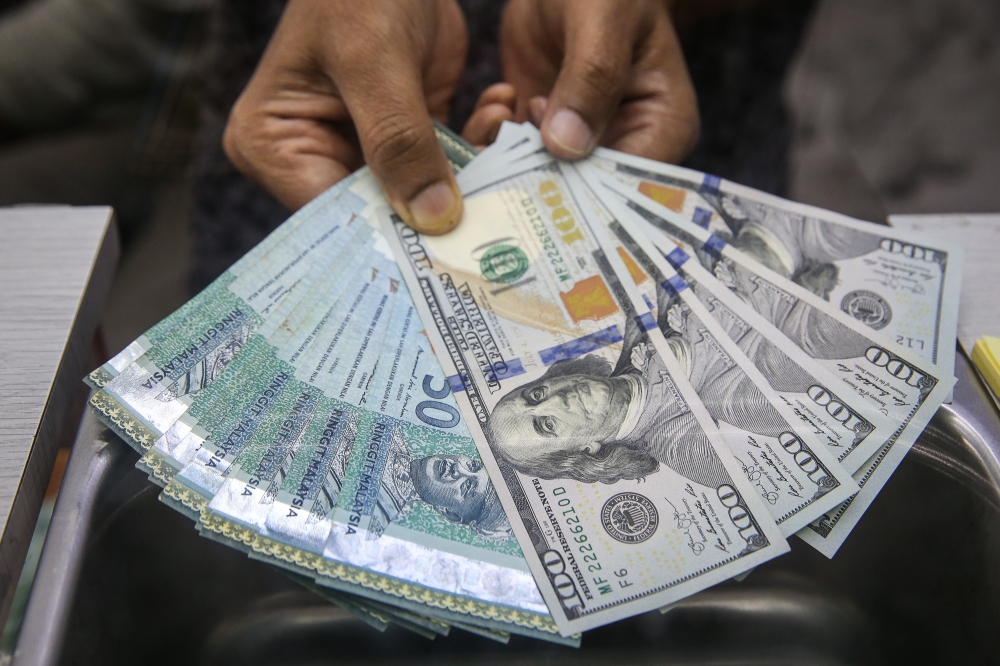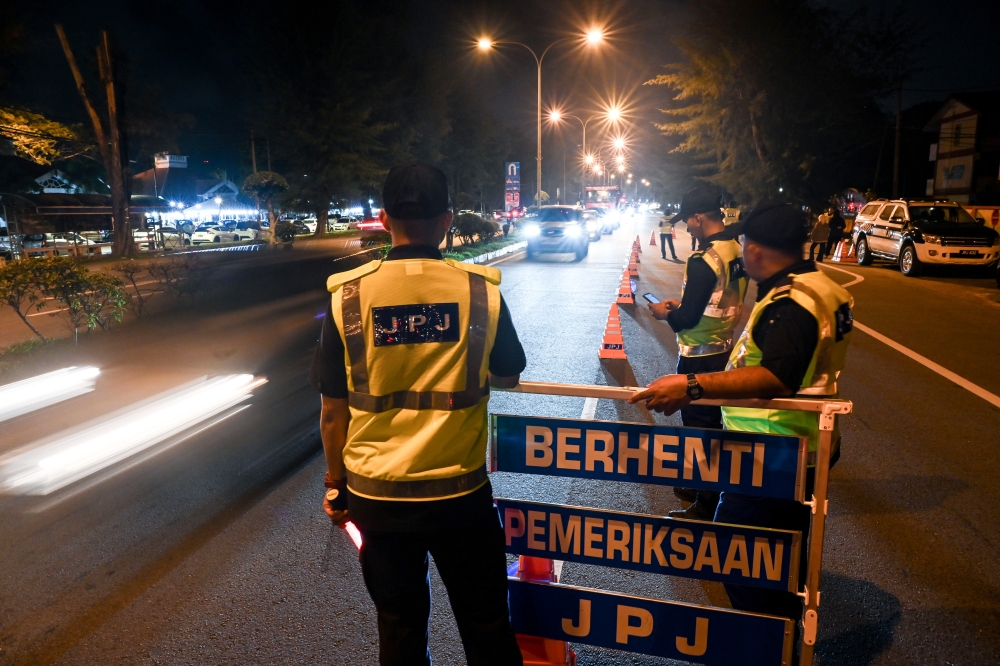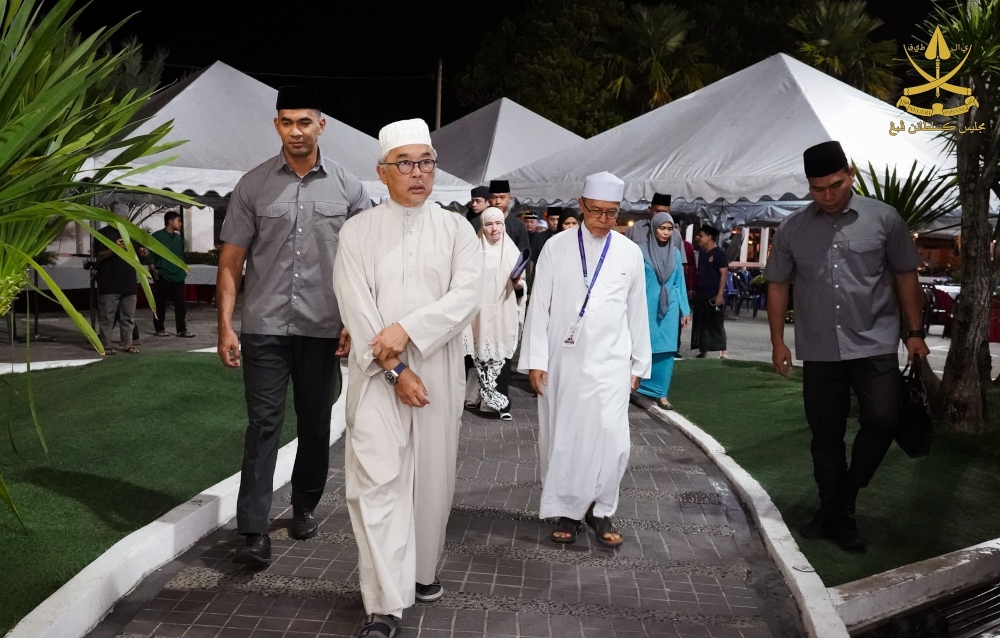KUALA LUMPUR, Aug 29 — As we celebrate the 60th anniversary of Merdeka, let us be fired up and inspired by the story of Ng Keng Hooi, little known in his own home country, Malaysia, but a big name in the world of life insurance.
He made history on June 1, 2017 when AIA Group Ltd, the world’s second largest life insurer, made him Chief Executive Officer and President.
This makes him the only Malaysian to head a corporate entity with business as huge as AIA on the global stage.
In the football world, Manchester United’s Manager, Jose Mourinho, is dubbed the ‘Special One’.
I have interviewed countless number of personalities all these years but my recent exclusive interview with Ng at Menara AIA here was indeed special and he is the ‘Special One’.
Above all else, I was struck by his absolute humility despite all the trappings of the office, including flying in from the AIA headquarters in Hong Kong for the interview in the company’s private jet.
The most awesome part of the interview was when, in response to my very first question, Ng, 62, said his mother has always been the one who has the greatest influence in his life.
For the record, AIA provides protection to people across the Asia-Pacific with a total sum assured of over US$1 trillion (US$1 = RM4.27) ; the largest listed company on the Hong Kong Stock Exchange; No. 1 worldwide for Million Dollar Round Table; serving more than 30 million individual policy holders; and, over 16 million participating group insurance schemes.
AIA Group Chairman, Edmund Tse, when announcing Ng’s appointment in March said: “Ng is a proven leader with an impressive track record. This appointment follows a rigorous and extensive process, which included considerations of internal and external candidates.
“ For the last six-and-a-half years, he has excelled in the role of regional chief executive for AIA displaying first-class leadership and strategic vision while consistently delivering strong results. He is ideally qualified to build on AIA’s success to-date”.
Following is the Q&A:
Q: Let me begin by asking about your roots, where did it all begins in your life leading to where you are today.
Ng: If I look back, this is in a way attributed to the people that has a great influence in my life, I would say the first one has always been my mother.
My mother was clearly someone who had the greatest influence on me. My mom always emphasised on education, to study hard, work hard and be humble.
My mom is a very humble person. We came from a poor family. My mom has eight children — six boys and two girls.She always emphasised education and hard work.
And she is not a Tiger Mom. Have you heard about Tiger Moms? She is not. She is very simple. Whenever we did well in school, what she did was to tell the good news to our neighbours, such as we got straight As, number one in the class.
When your mom said something like this, you cannot disappoint her. It naturally motivates you to work and study hard and do well. So that is what my mom did, so I become successful.
I am the fifth in my family of eight of us. My eldest brother is one of the first quantity surveyors in the country, which is a very specialised field. And my youngest is a cardiologist. We came from Raub, a very small town. I used to go to a Malay school named Sekolah Kebangsaan Raub, which was where I started.
You know, until today, my youngest brother is still running a clinic in Raub to serve the Raub community. He also has a clinic in Gleneagle Medical Centre.
We have our eldest brother and youngest brother here, so in between, all of us are very successful. A few of them are engineers and doing well.
Q: What about your father?
Ng: My father was a supervisor in one of the army camps in Johor, helping out my uncle, a contractor who was doing odd jobs like cutting grass in the camp.
So he was away most of the time and we grew up more with my mother’s influence.
That is why I always tell people that the mother’s role is so important in raising a kid.
So that was my early days, and the honesty, sincerity values are always in there when we were growing up with my mother.
My mother always taught us humility, which is the thing that is really critical in today’s leadership.
Q: You later went to study at the Royal Military College (RMC) in Sungai Besi. Tell us about it.
Ng: I am going to talk about RMC and what it has taught us, the humility part in us as a leader. But first I want to talk about my teacher in the RMC. One of my mathematics teachers, Mr V. Chakaravarthy, was the one who inspired me to become an actuarist.
Chakara is a very smart maths teacher. Because I am very strong in maths, my favourite subject is pure and applied mathematics, and Chakara was the one who encouraged me to be an actuarist, and this is something that I took on and started my career.
RMC had built the grounding for myself, and its motto is “Serve to Lead”, we always talk about serving to lead.
RMC was set up by Field Marshal Sir Gerald Walter Robert Templer when Malaya was fighting the communists back then. He came up with this idea of setting up the RMC to get the best students to study there.
Datuk Mashal Ahmad, Vice-President/ Managing Director of Lynas Malaysia Sdn Bhd and I studied there in the same year. In RMC, there is where we enjoyed the experience of living with students from different states and of different races.
It is a boarding school. There was a lot of ragging and we survived all that together.
These days people are less tolerant compared with those days. If you complained in those days, you get whacked some more, this was how we went through.
But in a way, we are toughened up as a young kid in RMC, and it teaches you discipline, toughness, you go through these hard training and how to live with each other.
Sometimes, when Malaysians talk about race alone, it is not merely about race, it is about states as well, like Kelantanese and people from different states like Sabah and Sarawak.
We have people from all around the country at RMC. So I see it as a great influence on me, and I like the motto of ‘Serve to Lead’ because when someone becomes a leader, you should be serving your people rather than being served.
More often many leaders expect to be served, but it is about serving the people, the company, the customers … all these things are very important as a leadership philosophy.
RMC is a great experience for me.
After RMC, I went to the US for four years, to do my degree. The US study was financially aided by the university because I was poor at that time and I can’t afford to pay for it. It is a private college called Lafayette College, with only 2,000 over students. It is very small.
At that time, the cost of education, including school fees, food, lodging … everything, was only worth about US$6,000 annually, but I can’t afford that. Now it costs 10 times, about US$50,000 a year as the exchange rate then was about RM2.50.
And studying in the US was a good experience for me. You are there to experience living and working abroad and mixing with the Americans. I worked one year in the US. And then, I came back and joined AIA in 1980, which is the first company I joined after returning from the US.
In between, I went to other places, after spending about five to six years with AIA as an executive.
I was with Prudential in Kuala Lumpur for about 20 years and later promoted as CEO of Prudential Malaysia.
In Prudential, there is where I met my mentor Mark Tucker. Two of us worked together for over 20 years.
Mark was the group CEO of AIA before I took over, and he has retired from AIA to become the Chairman of HSBC. So I spent over 20 years working with him. I would consider him as my mentor who helped me throughout the whole period to grow and become what I am today.
And we started in Prudential at the time when Prudential has only one per cent of (market share) worldwide. It has its presence in UK, US and Asia.
By the time he and I left Prudential, Asia accounted for 50 per cent of Prudential’s worldwide business.
Q: What was the reward given by Prudential when you increased its market share to 50 per cent from one per cent?
Ng: They promoted me Regional Chief Executive Officer. Obviously, we grew from that period, it is not myself alone, it was mostly Mark. He was the leader in Asia, so he is the person.
And eventually, Mark became the Group CEO of Prudential worldwide and me I was recognised and became Regional Managing Director in charge of Malaysia, Singapore, Indonesia and the Philippines.
Later, I left for Great Eastern as Group CEO. Because at that time, I was already a Regional Managing Director, so I took up the role in Singapore.
All this while, even though I was a regional man for Prudential, I stayed on in KL because Mark made an exception for me to operate in KL because I loved being in KL, capital of my country.
When Mark became the Group CEO for AIA, in 2010, he asked me to join AIA and I joined him in 2010.
So we started the AIA’s initial public offering (IPO ) in Hong Kong in October 2010 and it has been incredibly successful.
So, because of the IPO and what we did, since 2010, we have grown AIA to what it is today, and it is a successful period for the last seven years. The business is doing well, and we just announced our results last month and we had a 42 per cent growth in the value of new businesses.
The insurance firms always count the value of new businesses, which is an indication of future growth.
Q: What about Malaysia? How big is the business here?
Ng: We are among the top, we do not publish any market share statistics, part of the reason is we don’t focus on market share but to make sure that we are doing the right thing.
Sometimes, market share can cause some companies to chase after some products which are not necessarily good, so that’s why we try to avoid the market share, but we are in the lead in that.
Q: What about the revenue/ profit contributions from Malaysia market to the group?
Ng: AIA Bhd accounts for six per cent of the group’s total Value of New Business (VONB) in the first half of 2017 (1H17). AIA Malaysia’s VONB was up 24 per cent in 1H17 vs 1H16.
So we have a good business here, and we are happy with how Malaysia’s business doing, and there are a lot of growth potentials here.
In Asia, you have a lot of explosions with more and more people getting into the middle income group.
Q: When you joined AIA as a junior executive, did it ever cross your mind that one day you would rise to where you are now, the Number One in AIA today?
Ng: Never thought about that, it is always about doing the best. I say this … in the position of leadership, we are in a privileged position, because we can do things which can affect and change people’s lives.
So I think we should be doing that to help people do better. So I am excited when I see someone who today has become the CEO of a company from the starting point of an executive.
And there are many people like that, like many agents, who work very hard, make good money and changed and transformed their lives.
I have seen cases like this. For example, in my hometown, Raub, because I am the CEO with Prudential at that time, it also started to develop with a lot of people starting to do business.
On the insurance side, there are a few people doing that business and they did very well.
Q: I must say that Malaysians who read your story are inspired by it.
Ng: When I went back to Raub around two years ago for a friend’s kid’s wedding ceremony, I ran into one of the agency managers in the past. I was amazed when she told me that her son went to a UK university, and she and her husband were able to send two of their kids to study abroad.
She thanked me for inspiring them to do that.
When I first met this couple, one of them was a hawker and the other a Chinese school teacher. They came into the business, work hard and do well and they were able to send their kids to study abroad.
I always share with them that you have to do the best for your kids and give them the best education and want them to do their best in their life, and they followed that advice.
Q: I am sure you are one of those who always does your best in whatever you do and in your vocabulary, there is no “cincai”, or shoddy work.
Ng: In RMC, we were taught to fight all the way and to always giving your best.
Q: What was your first reaction when on June 1, 2017, you finally made it to the top position?
Ng: Very excited about the fact that I was able to rise to the very top position of the organisation. There were a huge number of Malaysians who were also very excited about the announcement.
I received a lot of congratulations and compliments from fellow Malaysians, the RMC boys who are all very excited and very proud of it.
Q: Is it correct to say that you are the only Malaysian who holds the Number One position at the world level?
Ng: I am not so sure if I am the only one ... I am happy, and I hope my achievement will inspire others to be so as well.
Q: Earlier you spoke about starting in a Malay school in Raub. Can you tell us about it?
Ng: It was an incredible experience. If you can’t repeat what the teacher said, you would be hit by the rattan.
That’s where I learnt about the Quran, Fikh and other religious subjects. And this was also where I learnt about Prophet Muhammad.
— Bernama

